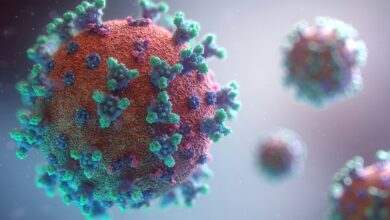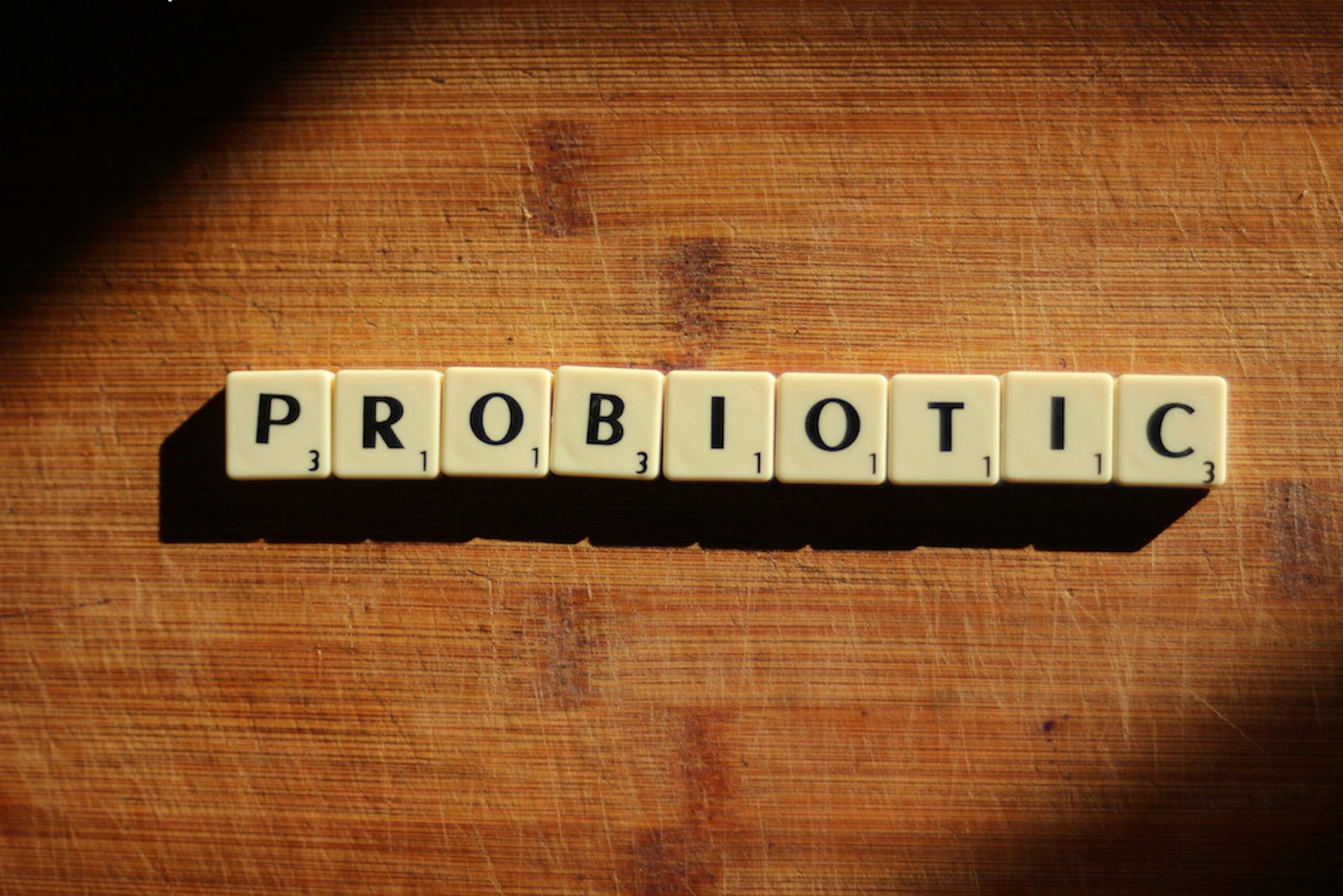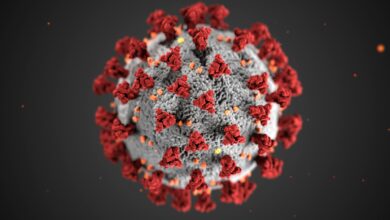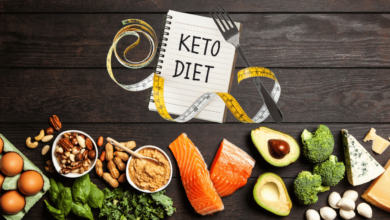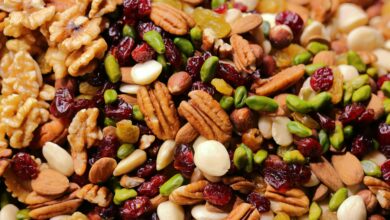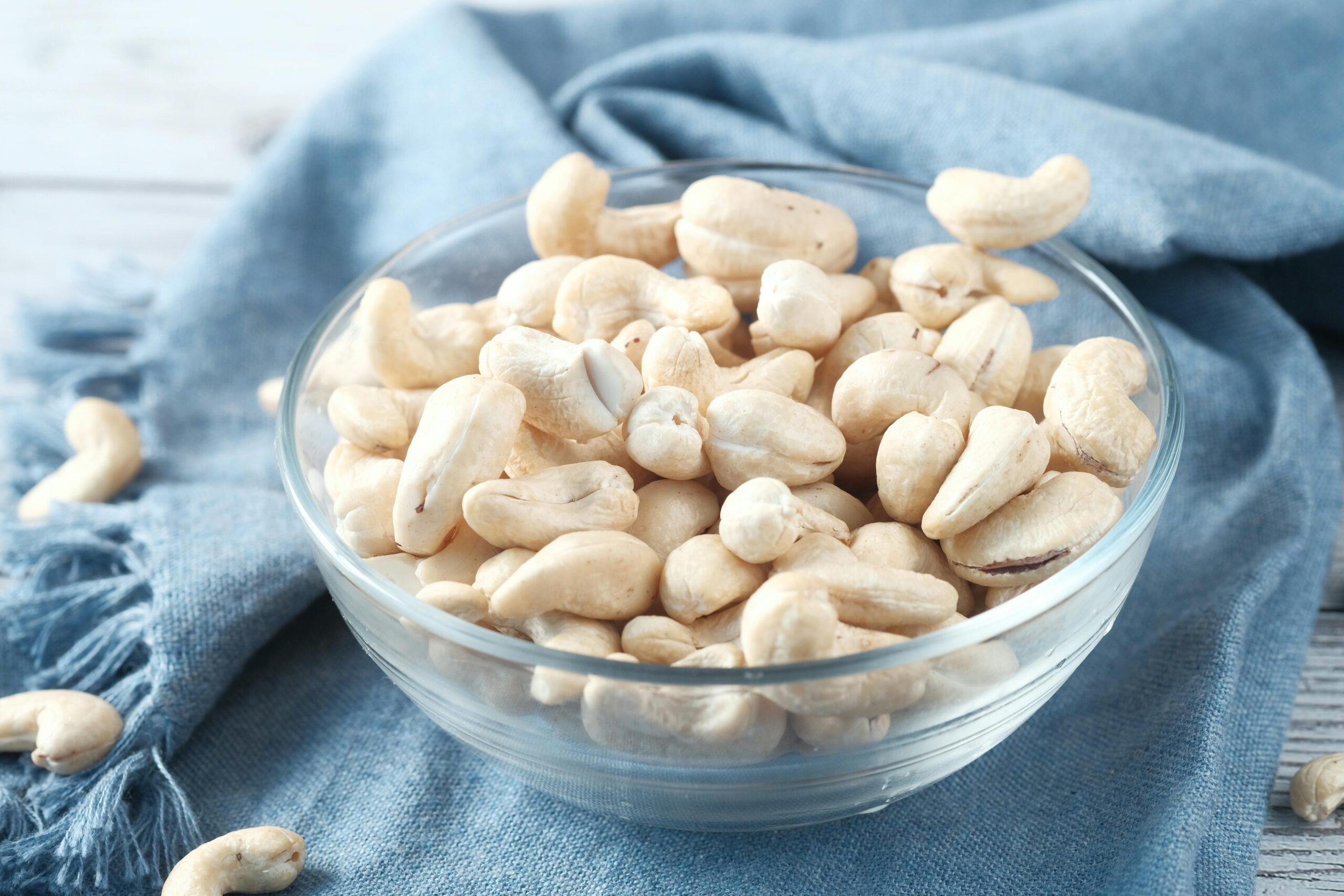What Vitamins Should I Be Taking for My Age?
As we age, our nutritional needs evolve. Vitamins play a crucial role in supporting overall health, and it’s important to adjust the vitamins we take based on our age. The body’s ability to absorb and process nutrients may decrease with age, which can lead to deficiencies and health complications. Certain vitamins become more important in each stage of life to support everything from bone health to immune function. Below is an overview of essential vitamins that should be considered for each age group and why they matter.
Children (Ages 4-13): Key Vitamins for Growth and Development
Vitamin A plays a crucial role in maintaining healthy vision by supporting the health of the retina and enabling low-light vision. It also boosts the immune system by enhancing white blood cell function, which helps the body fight infections. In addition, Vitamin A supports cellular growth and differentiation, both vital for organ development and overall bodily function. To ensure children get enough Vitamin A, include foods like dairy products, eggs, and bright orange or green vegetables such as carrots, sweet potatoes, and spinach in their diet.

Vitamin D is essential for developing strong bones and teeth because it helps the body absorb calcium effectively. Without enough Vitamin D, children can struggle with bone mineralization, which can affect their growth. While Vitamin D can be obtained through sunlight exposure, it’s also found in fortified foods like milk, cereals, and eggs. It’s important for children to get sufficient Vitamin D, especially if they have limited sun exposure, to support their growing skeletal system.
Calcium works alongside Vitamin D to build and maintain strong bones and teeth. During childhood, adequate calcium intake is critical for ensuring proper bone development and preventing issues like rickets or osteoporosis later in life. Dairy products like milk, yogurt, and cheese are excellent sources of calcium. For children who are lactose intolerant or follow plant-based diets, fortified plant milks (such as almond or soy milk) and leafy green vegetables like kale and broccoli can provide an alternative source of calcium.
Iron is crucial for the production of hemoglobin, a protein in red blood cells that carries oxygen throughout the body. Adequate iron levels help prevent iron-deficiency anemia, which can lead to fatigue, weakness, and developmental delays. Foods rich in iron include lean meats, beans, lentils, and fortified cereals. Iron from plant-based foods can be harder for the body to absorb, so pairing iron-rich plant foods with Vitamin C-rich foods (like citrus fruits or bell peppers) can help enhance absorption.
20s-30s: Vitamin B12, Vitamin D, and Folate
Vitamin B12 is essential for red blood cell production, nerve function, and DNA synthesis. In your 20s and 30s, B12 helps maintain energy levels and supports cognitive function. However, as we age, our ability to absorb B12 from food decreases, and individuals who follow vegetarian or vegan diets are at an even higher risk of deficiency since B12 is predominantly found in animal products. To ensure adequate B12 intake, consider consuming foods like meat, fish, eggs, and dairy, or choose fortified plant-based foods like cereals or plant milks. Supplementation is often recommended for those who cannot get enough through diet alone.
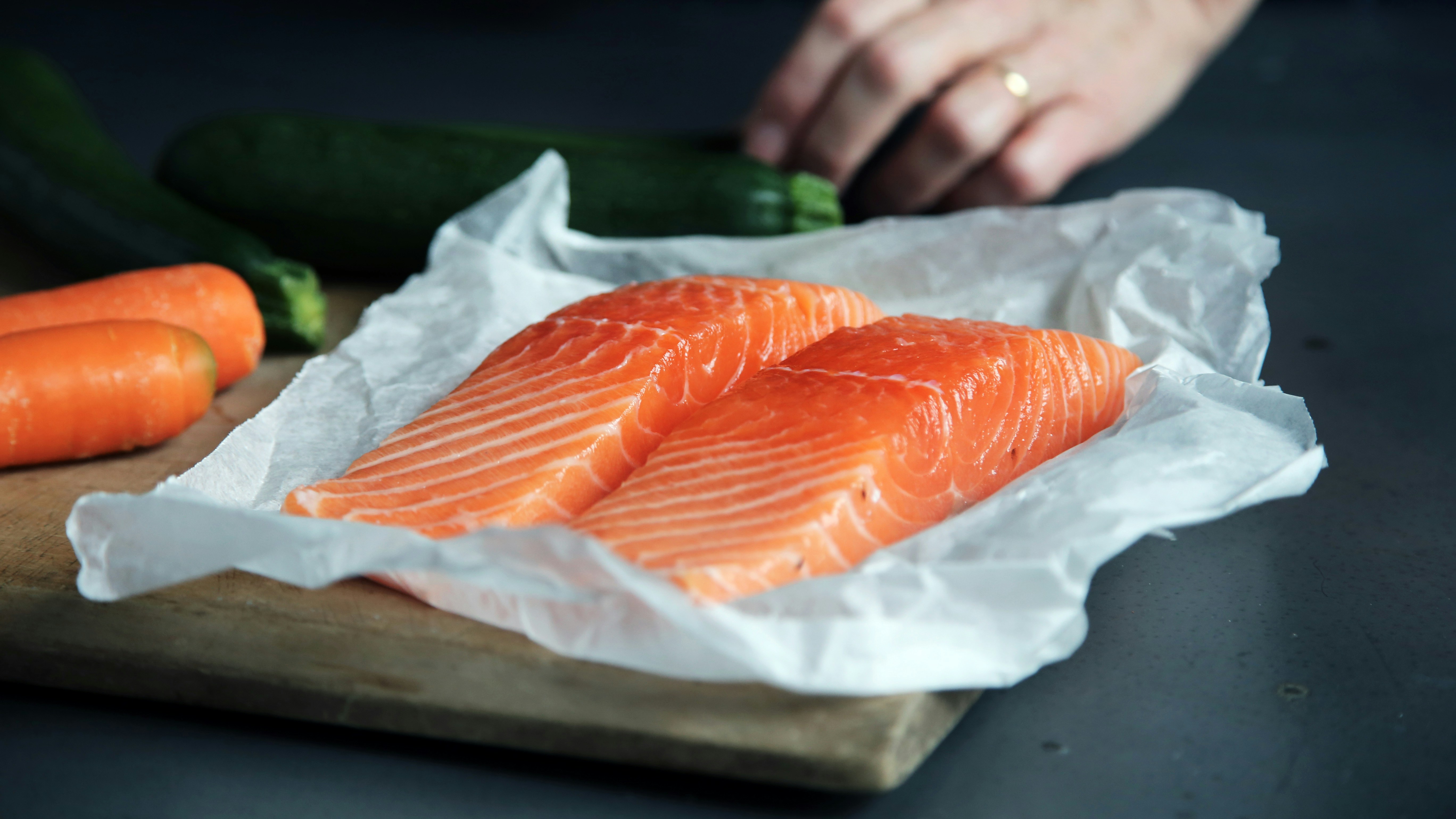
Vitamin D is crucial for bone health, as it helps the body absorb calcium. It also supports the immune system and muscle function. Many people in their 20s and 30s may not get enough Vitamin D from diet alone or sun exposure, especially if they live in areas with limited sunlight or work indoors. Foods like fatty fish (salmon, mackerel), fortified milk, and eggs can provide some Vitamin D, but supplementation is often recommended, particularly in the winter months or for those with limited sun exposure. Spending time outdoors and getting direct sunlight on your skin can also help your body produce Vitamin D naturally.
Folate (or Vitamin B9) is vital for cell division, DNA synthesis, and overall cellular health. In addition to its importance for pregnant women, folate supports the body’s metabolic function, red blood cell formation, and tissue growth. Folate can be obtained through foods like leafy greens (spinach, kale), legumes, seeds, and fortified cereals. For those with higher needs or dietary restrictions, folate supplements (in the form of folic acid) can ensure adequate intake. Adequate folate intake is essential for overall health and can help prevent deficiencies that could affect energy levels and cellular function.
40s-50s: Vitamin D, Omega-3, and Magnesium
Vitamin D continues to play a vital role in bone health as we age, particularly in our 40s and 50s. It is essential for the absorption of calcium, which helps maintain strong bones. As we get older, the skin becomes less efficient at producing Vitamin D from sunlight, and dietary intake often falls short. A deficiency in Vitamin D can lead to weakened bones and an increased risk of fractures, which is especially important to address during these decades. To ensure adequate Vitamin D levels, aim to get some sun exposure daily, eat Vitamin D-rich foods such as fatty fish (salmon, mackerel), fortified dairy products, or consider supplementation, particularly in the winter months or for those who spend a lot of time indoors.
Omega-3 fatty acids are essential fats that provide significant health benefits, particularly in the 40s and 50s when heart disease risks begin to rise. Omega-3s help reduce inflammation, lower blood pressure, and improve overall cardiovascular health. They also support brain function, reduce the risk of stroke, and may help prevent certain types of cancer. Omega-3s are primarily found in fatty fish like salmon, sardines, and mackerel, but can also be sourced from plant-based options like flaxseeds, chia seeds, and walnuts. For those who do not consume enough fish or plant-based sources, Omega-3 supplements, such as fish oil or algae oil, can help meet daily requirements and protect heart health.
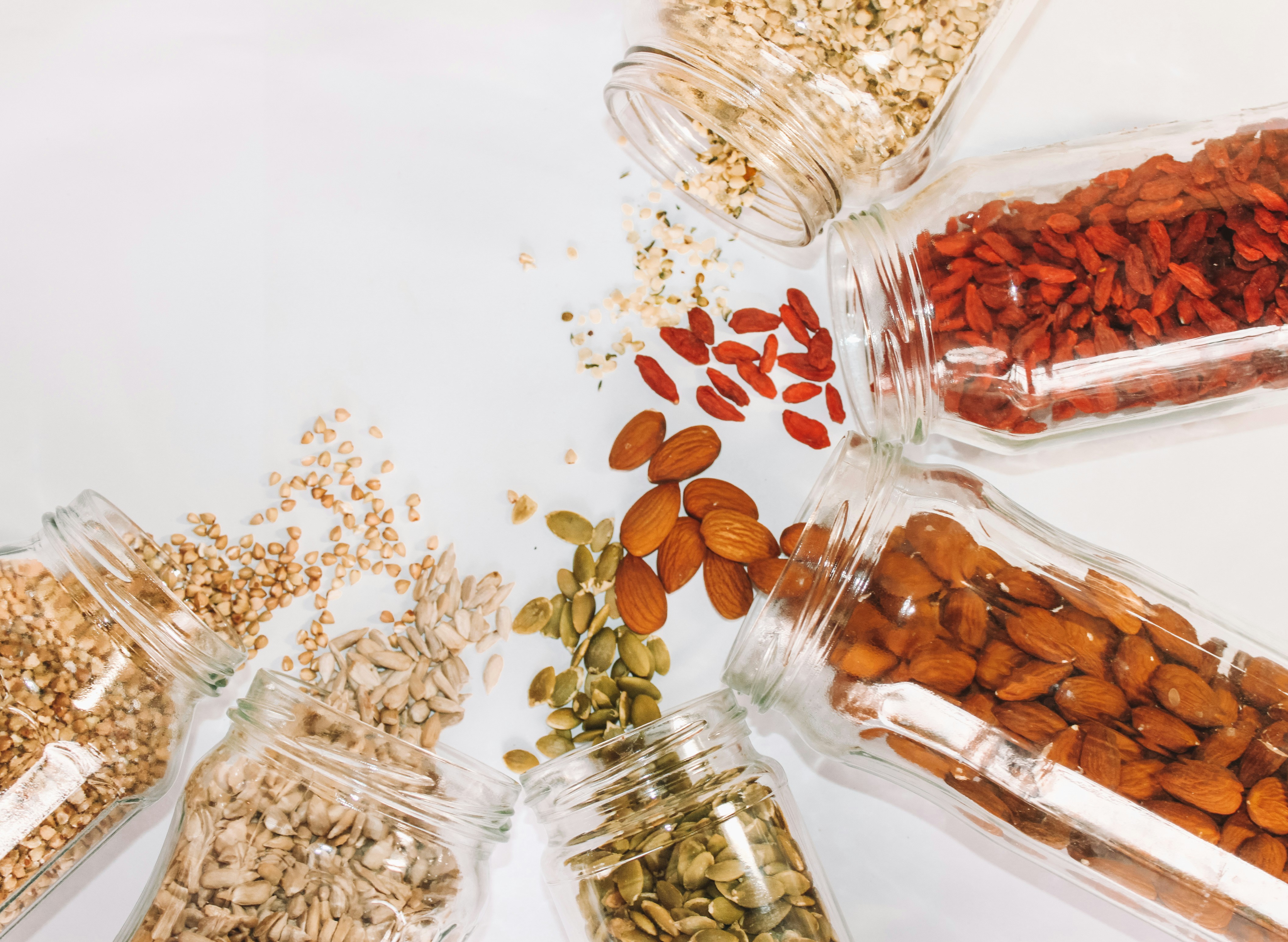
Magnesium is a crucial mineral that plays a key role in over 300 biochemical reactions in the body, including muscle function, nerve health, and maintaining normal blood sugar levels. As we age, magnesium levels can decrease, leading to symptoms like muscle cramps, fatigue, or sleep disturbances. Magnesium also supports heart health by helping regulate blood pressure. To ensure adequate magnesium intake, include magnesium-rich foods like leafy green vegetables, nuts, seeds, and whole grains in your diet. Magnesium supplements can be beneficial for individuals who experience deficiency symptoms or have difficulty getting enough magnesium from food alone, supporting better muscle function, sleep, and overall well-being.
Read More:
- https://theworldseye.com/most-ignored-cancer-symptoms-in-women-and-men/
- https://theworldseye.com/rfk-jr-advisers-attempt-to-revoke-polio-vaccine-approval/
- https://theworldseye.com/the-health-risks-of-shift-work-5-major-concerns-and-tips-to-stay-healthy/
60s and Beyond: Vitamin B12, Vitamin C, Calcium, and Vitamin K
Vitamin B12 becomes even more important in the 60s and beyond due to the body’s decreased ability to absorb it from food. Vitamin B12 is essential for nerve health, cognitive function, and red blood cell production. Deficiency can lead to memory problems, fatigue, and neurological issues. To ensure you’re getting enough B12, include animal-based foods such as meat, fish, eggs, and dairy in your diet, as they are natural sources of this vitamin. For those who are vegetarian or vegan, B12-fortified foods (like cereals and plant-based milks) or supplements may be necessary to meet daily needs and avoid deficiencies.
Vitamin C is a potent antioxidant that plays a critical role in immune support, which is particularly important as we age since the immune system can become less efficient. Vitamin C also aids in collagen production, which is essential for maintaining skin elasticity and reducing the visible signs of aging. In addition, it supports wound healing and promotes the absorption of iron from plant-based foods. To get enough Vitamin C, focus on fruits and vegetables such as oranges, strawberries, bell peppers, broccoli, and tomatoes. If needed, Vitamin C supplements can help ensure adequate intake, especially during colder months when immune function may need a boost.
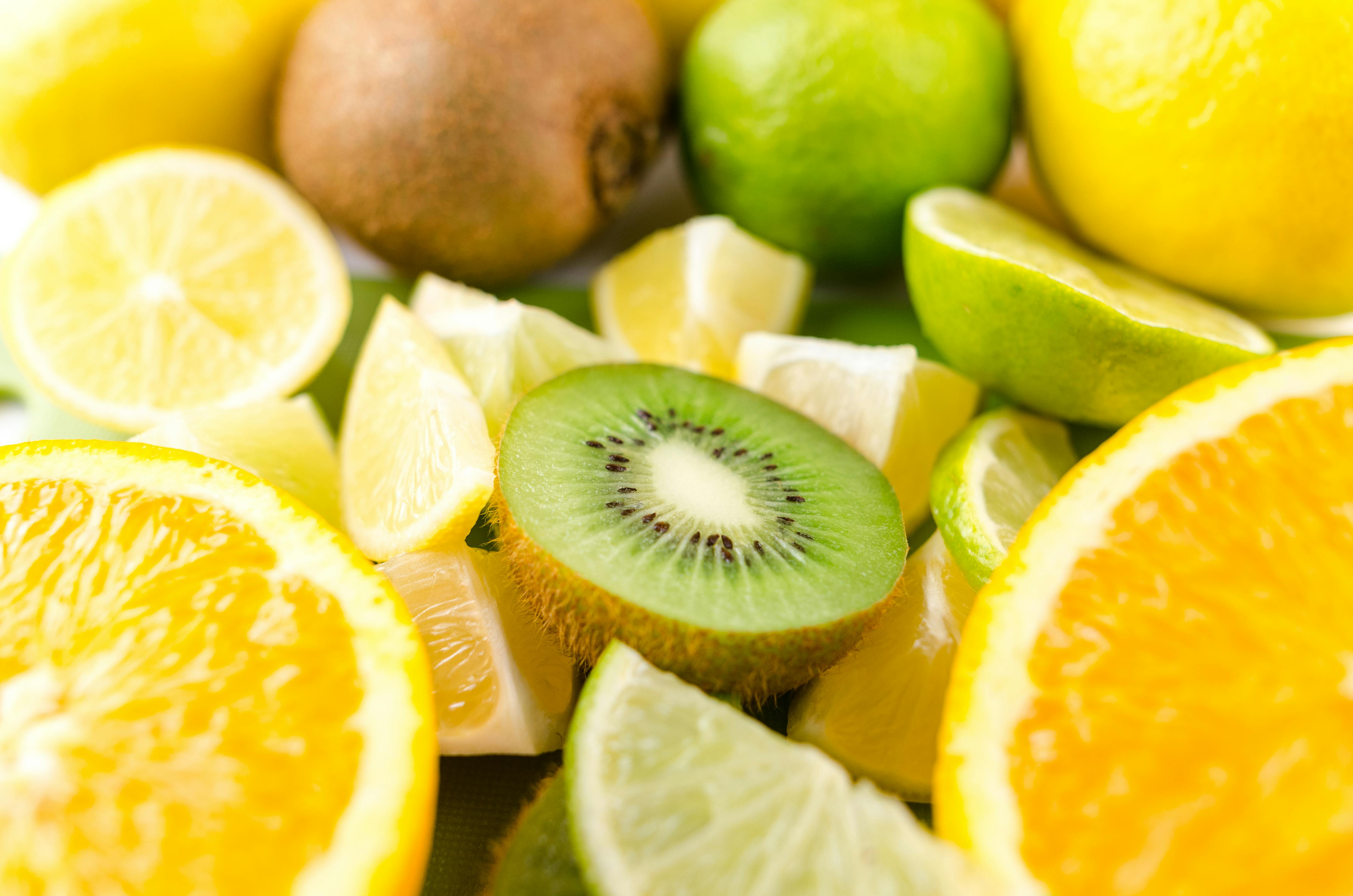
Calcium is essential for maintaining bone density and strength, which becomes more important as we age, especially after the 60s. As the body’s calcium absorption declines over time, it’s critical to get enough through diet or supplements to prevent osteoporosis and fractures. Dairy products like milk, yogurt, and cheese are great sources of calcium, as are leafy green vegetables, fortified plant-based milks, and calcium-rich fish like sardines. If dietary sources are insufficient, calcium supplements can be a good option, but it’s important to balance intake with adequate Vitamin D to ensure proper absorption.
Vitamin K works alongside calcium to promote bone health, as it is involved in bone mineralization and preventing fractures. Vitamin K also plays a role in blood clotting. In older adults, adequate Vitamin K intake is important to protect against bone loss and fractures, which become more common with age. Good dietary sources of Vitamin K include leafy green vegetables (such as kale, spinach, and broccoli), as well as fish, meat, and fermented foods like natto. Supplementation may be necessary for individuals who do not consume enough of these foods, helping to support bone strength and reduce fracture risk.
Final Thoughts: Tailoring Your Vitamin Intake to Your Age and Needs
As we progress through different stages of life, our body’s nutritional requirements change. Each age group requires specific vitamins to support growth, maintain health, and prevent deficiencies. From the essential Vitamin A for children’s vision and immune function to the bone-strengthening benefits of calcium and Vitamin D in later years, understanding which vitamins to prioritize can make a significant difference in overall well-being. Whether you’re ensuring your child’s development, maintaining bone health in your 40s and 50s, or supporting cognitive and immune function in your 60s and beyond, staying mindful of these key vitamins can help you stay strong and healthy at every age. Always consider consulting with a healthcare professional to create a personalized supplement plan based on your specific health needs.
Why are vitamins important for different age groups?
Why are vitamins important for different age groups? As we age, our body’s ability to absorb and process nutrients changes, making certain vitamins more crucial at each stage of life. Vitamins support everything from growth and development in children to bone health and cognitive function in older adults, ensuring optimal health and reducing the risk of deficiencies.
How can I ensure my child is getting enough Vitamin D?
Children can get Vitamin D through sunlight exposure and fortified foods like milk, cereals, and eggs. If sunlight exposure is limited, Vitamin D supplements may be recommended, especially in winter months or for children with darker skin tones, who may need more sunlight to produce adequate Vitamin D.
What are the best sources of Omega-3 fatty acids for adults in their 40s and 50s?
Omega-3 fatty acids, crucial for heart health, are primarily found in fatty fish like salmon, sardines, and mackerel. For those who do not consume fish, plant-based sources like flaxseeds, chia seeds, and walnuts, as well as Omega-3 supplements such as fish oil or algae oil, can help meet daily requirements.
Should I take calcium supplements in my 60s and beyond?
As the body’s calcium absorption decreases with age, calcium supplements may be necessary to maintain bone strength and prevent osteoporosis. However, it’s important to pair calcium with Vitamin D to enhance absorption. Consult with a healthcare provider before starting supplements to determine the right dosage for your needs.
How do I ensure I’m getting enough Vitamin B12 as I age?
As we age, the ability to absorb Vitamin B12 from food decreases. To maintain adequate levels, include animal-based sources like meat, fish, eggs, and dairy in your diet. For those who are vegetarian or vegan, B12-fortified foods or supplements may be necessary to prevent deficiency.
